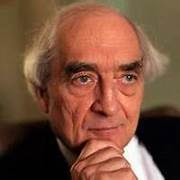The Literary Review is, I must admit, one of my favourite publications, partly because of the range of books it covers. April, 2025's edition is no exception. I have been particularly intrigued to read Peter Moore's assessment of Simon Park's book, Wreckers:Disaster in the Age of Discovery , which covers the trials and tribulations of European explorers in the period after 1492. This was less glorious, according to Simon Park, than it has traditionally been viewed. There were deaths, disasters and all sorts of humiliations experienced by seafarers like Vasco da Gama, Magellan and others. This shift in perspective helps to adjust one's appreciation of the period even though the inhabitants of Central and South America or India did not apparently draw serious conclusions from the appearance of travellers from so far away. There is also a review by the distinguished historian, John Guy, of Anna Whitelock's new book, The Sun Rising: James I and the Dawn of a Global Brit...















